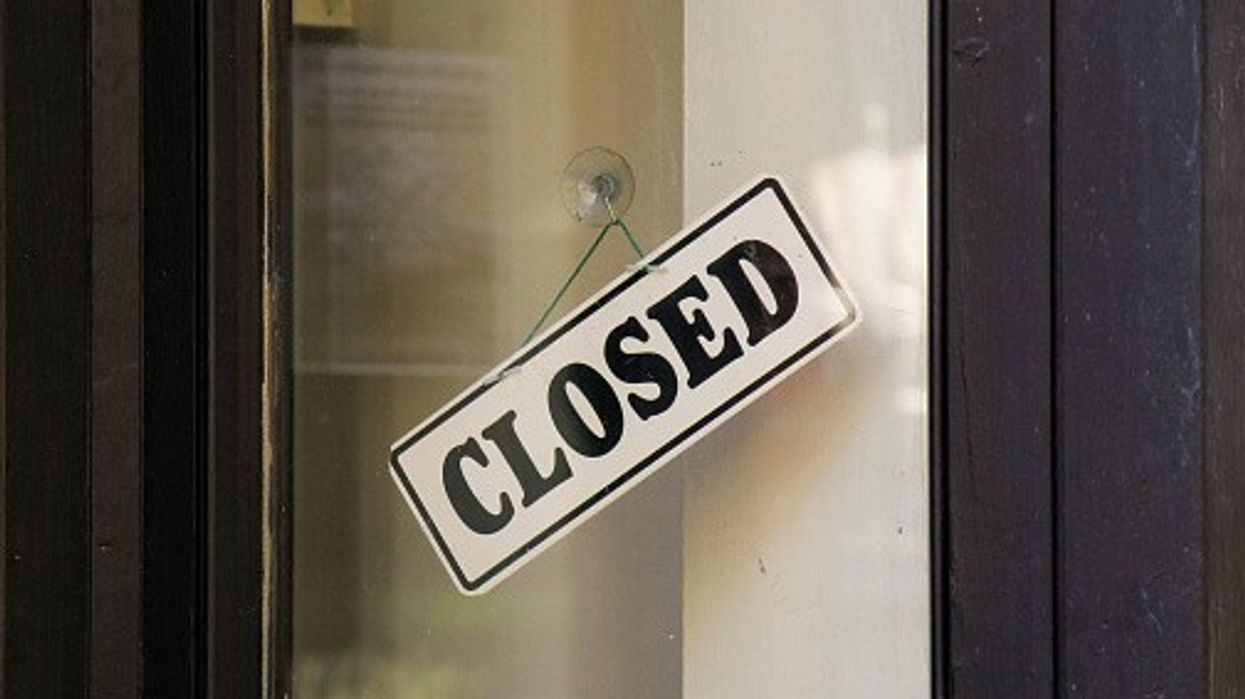Over 1,250 pharmacies in England have been forced to close in the past decade, leaving some areas at risk of becoming pharmacy deserts
A new analysis by the National Pharmacy Association (NPA) has highlighted the alarming closure of dozens of pharmacies identified by the government as vital to their communities.
Dozens of specially protected pharmacies have closed in the past two years despite their inclusion in the Pharmacy Access Scheme (PhAS).
The scheme, revised in January 2022, is designed to “capture the pharmacies that are most important for patient access, those pharmacies where patient and public access would be affected should they close.”
Eligible pharmacies—those located more than one mile from the nearest alternative or in deprived areas—were provided additional funding to ensure public access to NHS community pharmaceutical services.
The scheme, part of the Community Pharmacy Contractual Framework (CPCF), was allocated up to £20 million.
However, the NPA’s review of the General Pharmaceutical Council’s (GPhC) current national register of pharmacies shows that at least 58 pharmacies listed under PhAS in 2022 have since closed.
These closures reflect the broader strain on the pharmacy network, which has been shrinking due to a decade’s budget cuts.
NPA chair Nick Kaye expressed deep concern over the findings: “It’s horrifying that so many of the pharmacies singled out by the government as in need of special support to protect their communities are now shut for good.
“This analysis just shows the potentially devastating impact on patients if they lose their local pharmacy to chronic underfunding that has cut a swathe through local health services in the past 10 years.
“Pharmacies are a haven of invaluable health advice, medicine supplies and local expertise upon which millions of people rely but are still closing at an alarming rate.”
He called on the government to provide emergency funding to halt the closures and unleash the power of the pharmacy network to drive care in the communities, noting that the findings are “still more evidence that they need to act now.”
Among the pharmacies that have shut under the scheme are:
- Bishop’s Lydeard Pharmacy, Somerset: Patients now face a four-mile journey or a 30-minute bus ride to access the nearest alternative pharmacy. The pharmacy previously served several nearby villages.
- Wheaton Aston Pharmacy, Stafford: Patients must now travel nearly six miles to reach another pharmacy, with the closure impacting nearby villages as well.
Over the past decade, more than 1,250 pharmacies in England have been forced to close, according to the NPA.
The association has warned that this trend risks creating “pharmacy deserts” in some areas, potentially leaving patients with long distances to travel for vital medication or advice.













